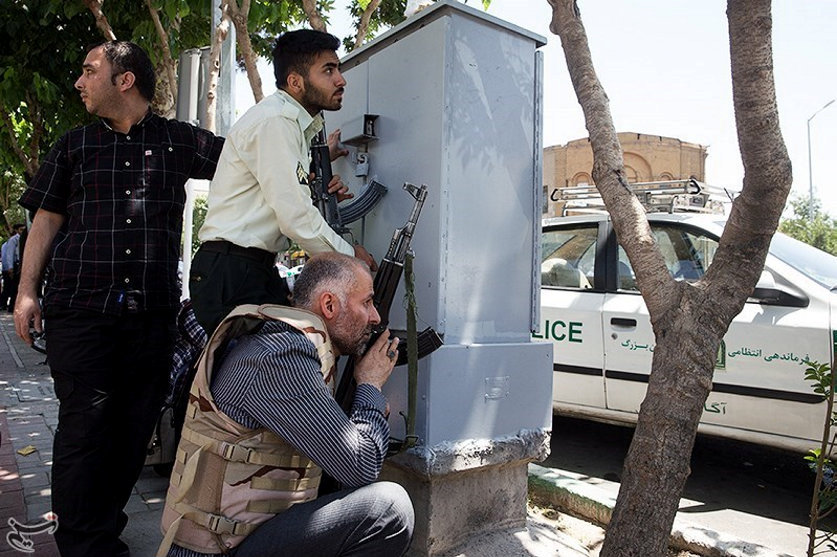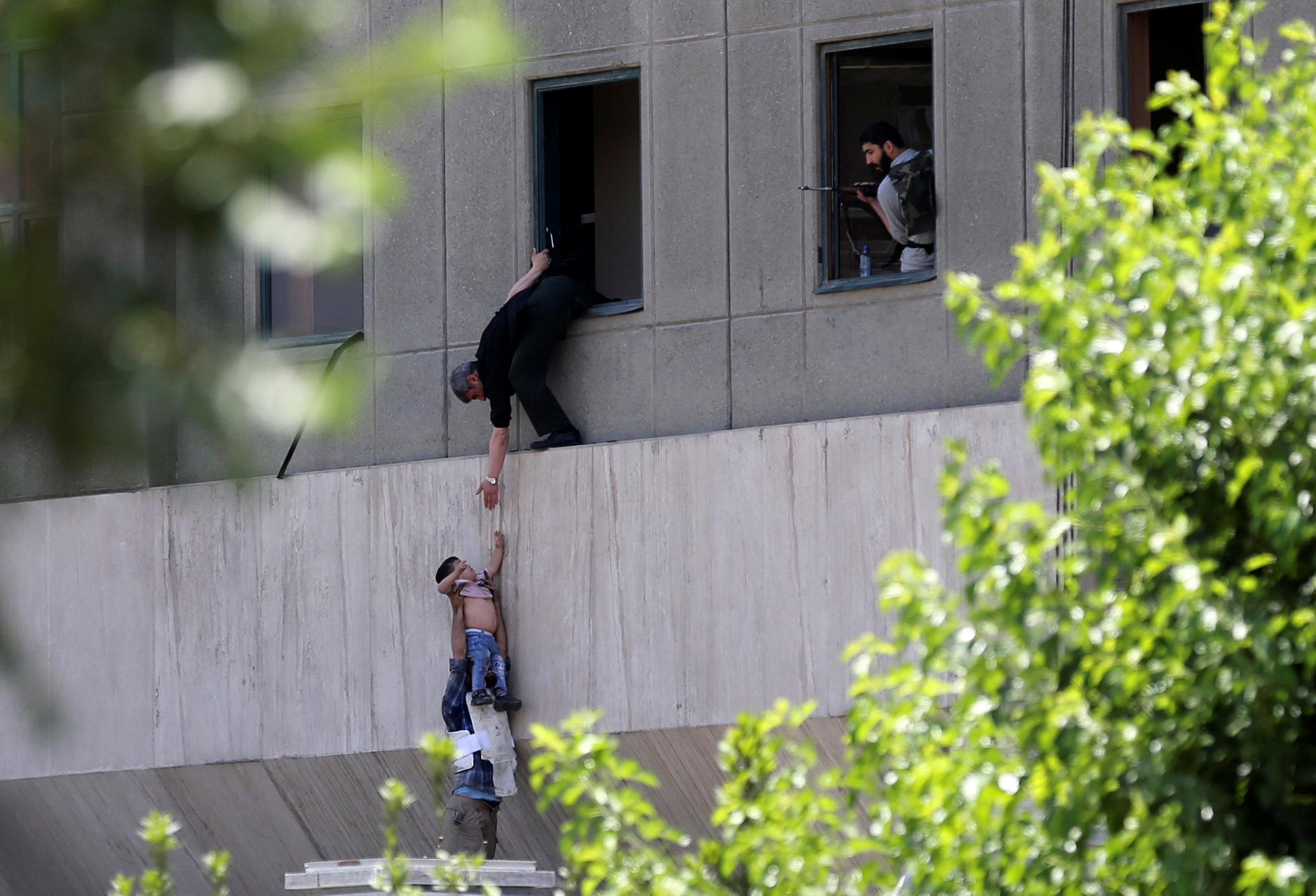
WASHINGTON (Reuters) – U.S. President Donald Trump warned that Iran would face “new and serious consequences” unless all unjustly detained American citizens were released and returned, the White House said in a statement on Friday.
Trump urged Iran to return Robert Levinson, an American former law enforcement officer who disappeared more than 10 years ago in Iran, and demanded that Tehran release businessman Siamak Namazi and his father, Baquer.
The statement capped a week of rhetoric against Tehran. On Tuesday, Washington slapped new economic sanctions against Iran over its ballistic missile program and said Tehran’s “malign activities” in the Middle East undercut any “positive contributions” coming from the 2015 nuclear accord.
Those measures signaled that the Trump administration was seeking to put more pressure on Iran while keeping in place an agreement between Tehran and six world powers to curb its nuclear program in return for lifting international oil and financial sanctions.
Friday’s statement said Trump and his administration were “redoubling efforts” to bring back all Americans unjustly detained abroad.
An Iranian court sentenced 46-year-old Siamak Namazi and his 80-year-old father Baquer Namazi to 10 years in prison each on charges of spying and cooperating with the United States.
Iran’s Islamic Revolutionary Guard Corps detained Siamak in October 2015 while he was visiting family in Tehran, relatives said.
The IRGC arrested the father, a former Iranian provincial governor and former UNICEF official in February last year, family members said.
Levinson, a former agent for the Federal Bureau of Investigation and for the Drug Enforcement Administration, disappeared in Iran in 2007 and the U.S. government has a $5 million reward for information leading to his safe return.
An Iranian court sentenced Xiyue Wang, a Chinese-born U.S. citizen graduate student from Princeton University, to 10 years in jail on spying charges, Iran’s judiciary spokesman said on Sunday.
“Iran is responsible for the care and wellbeing of every United States citizen in its custody,” the White House said in the statement.
Separately, Secretary of State Rex Tillerson met with Oman’s foreign affairs minister, Yusuf bin Alawi on Friday.
Washington has in the past sought Oman’s mediation to help in securing the release of detained Americans abroad. Last year American prisoners held captive by Yemen Houthi rebels were released after Omani mediation.
Oman also paid bail that ultimately helped in the release of three American hikers in 2010 and 2011.
(Reporting by Yara Bayoumy; Editing by James Dalgleish, Toni Reinhold)










